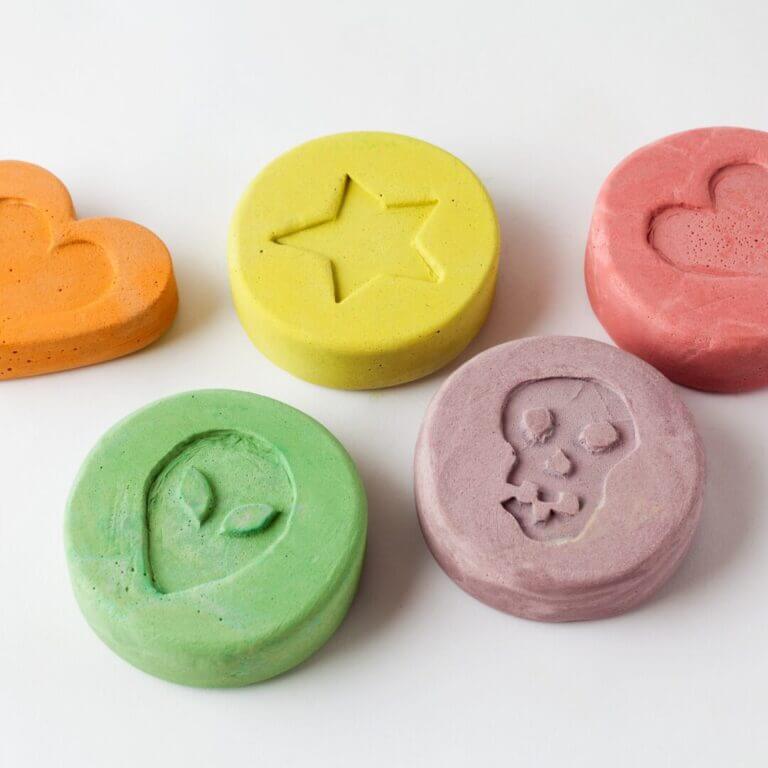Everyone knows how hard it is to change an old habit. Our brains are extremely elastic, with the reward system stubbornly clinging to memories of behaviors we would prefer to overcome. When it comes to substance use recovery, making the needed adjustments in thought and behavior patterns can be challenging, especially in the early months. Relapse can be a very common occurrence during the first year of recovery. This happens when old patterns make an unwelcome visit and interrupt the process of establishing a new healthy lifestyle.
As upsetting as it is to experience a relapse, it is very important to keep perspective and not lose hope. Although a relapse presents a temporary setback, it is not the end of the recovery journey. Taking decisive actions as early as possible during a relapse event will set the stage for a full recovery.
Why Does Relapse Happen? Understanding the Triggers and Risks
Relapse is not a moral failing or a sign of weak will—it’s a recognized part of the recovery journey for many people. Understanding the root causes of relapse can help you or your loved one prepare more effectively for long-term sobriety.
Common triggers for relapse may include:
- Unmanaged stress or trauma
- Isolation or lack of support
- Co-occurring mental health conditions
- Returning to high-risk environments
- Overconfidence in recovery leading to less vigilance
By identifying these risks early, individuals in recovery can better protect themselves and stay grounded in healthy coping mechanisms.
Getting Sober After Relapse: When to Return to Treatment
Sometimes a relapse is a short-lived lapse in judgment. Other times, it’s a sign that more structured support is needed. If you find yourself stuck in a cycle of returning to substance use, or if the tools that once helped you stay sober no longer feel effective, it may be time to return to professional care.
Signs that additional treatment might be needed include:
- Ongoing cravings that feel uncontrollable
- Difficulty functioning in daily life or work
- Mental health challenges like anxiety or depression worsening
- Isolation from your support network or recovery community
Re-entering treatment isn’t a failure—it’s a courageous step forward. At Ashley, we offer a compassionate and customized approach to help you reclaim your recovery with dignity and strength.
7 Steps to Take After a Relapse
Staying in long-term recovery after relapse is highly dependent upon monitoring the signs of an impending relapse. Sometimes, however, the powerful triggers to return to substance use may overwhelm a person, and before they know it they have relapsed despite all the support they receive in a recovery program. If a relapse occurs, take these proactive steps as early as possible:
- Forgive yourself. It is common to feel guilt and shame following a relapse. While it is good to reflect on the reasons that led to the relapse, getting stuck in negative emotions will not help you move back into a healthy recovery. First, forgive yourself, acknowledge areas that could be improved upon, and move forward.
- Attend a meeting. As difficult as it is to return to the recovery community as a newcomer again, these meetings are helpful for regaining your footing in recovery. Most everyone in the room has also experienced a relapse or two, and they will provide the support needed to help stay in long-term recovery.
- Recommit to aftercare. Engaging in continuing care activities following completion of a substance use treatment program can protect recovery after treatment. If those efforts have lapsed, recommit to attending regular outpatient therapy sessions, support groups, or even consider sober living housing.
- Avoid future risks to recovery. Re-familiarize yourself with your relapse prevention plan and the known triggers that could lead to returning to substance use. Stick to the relapse prevention plan and avoid the known risks to recovery, such as certain situations, people, places, or exposure to stress.
- Cultivate healthy habits. Prior to the relapse you may have let some of your healthy habits slide. To help stay in long-term recovery it is essential to re-establish a healthy routine that includes regular exercise, a nutritious diet, and quality sleep.
- Practice stress reduction skills. Stressful life events or chronic stress are common relapse triggers. Regulate stress levels by engaging in self-care efforts, such as practicing mindfulness, taking yoga classes, engaging in meditation or prayer, and keeping a journal.
- Re-admit to treatment. If a relapse is prolonged, chances are there will be a need to return to detox and an addiction treatment center. Taking this important step allows you to reaffirm your commitment to sobriety while refreshing your coping skills and engaging in psychotherapy. Long-term recovery after treatment will be possible by practicing the above tips.
As the recovery journey unfolds there will be inevitable bumps in the road, including the possibility of experiencing a relapse. When it comes to reconnecting with your recovery after a relapse, it is helpful to adopt a proactive attitude, and to fiercely guard your freedom from substance use against anything that could threaten it in the future. Consider this a battle that will be won by accessing every recovery skill in your arsenal.
Ashley Addiction Treatment believes that connection is vital to a successful recovery, with treatment options focused on holistic, integrated, and compassionate care. Ashley utilizes a variety of treatment modalities to support the healing process. If you would like to speak to someone about our care options, please reach out to us today at 800-799-4673.



